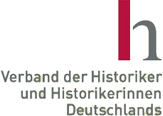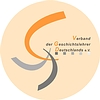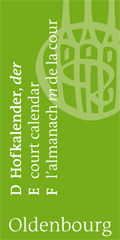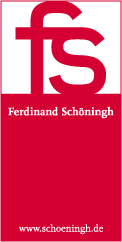


- Vortragstitel:
- Medical Aid as a Subject of the Cold War History: Development, Race, and the Global War
- Tag:
- 29.09.2010
- Epoche:
- Neuere/Neueste Geschichte
- Sektion:
- Humanitäre Entwicklung und Rassismus in Afrika südlich der Sahara 1920–1990
Abstract:
Medical Aid as a Subject of the Cold War History: Development, Race, and the Global War
Referent/in: Young Sun Hong, New York
Abstract
The 1950s and 1960s were both the zenith of the Cold War and the heyday of decolonization, and the battle lines between the Cold-War Germanys ran squarely down the middle of the “Third World.” This intertwining of the Cold War and decolonization provides the backdrop for understanding both aspirations and limits of the development aid in public health.
My paper uses global health as a prism for examining the transnational connection between the Germanys and the newly independent countries of Africa. Health-related development projects around the world, I suggest, played a major, but hitherto unexamined role in the post-1945 history of the two Germanys and their Cold War rivalry abroad. The two German states each claimed that their specific approaches to the problems of disease and poverty demonstrated how their respective political and economic systems were best suited to advancing the health, welfare and overall development of these Third World countries. However, I argue that these programs were intrinsically problematic: In addition to their limited knowledge of the actual problems facing the peoples of Africa (and Asia), an enduring racism complicated the efforts of both countries to win the allegiance of their ostensible allies at the very moment when these postcolonial states were beginning to challenge the Eurocentric notions of (under)development, poverty and disease that underlay these programs.
My paper also explores the social and cultural dynamics of the everyday encounters between Germans and their African counterparts. By doing so, I show that the inability of both East and West Germans to see the Third World as anything other than a domain of underdevelopment and poverty led them to argue—in a manifestly racist manner—that they could best promote Third World development by providing these peoples of color not with advanced skills, but with unskilled tasks designed to help them acquire those virtues (the respect for order, cleanness, and discipline) that their home cultures were believed to lack.
As my paper will show, the Cold War blinders, which were reinforced by persistent racism, prevented the two Germanys from seeing that the newly independent countries were themselves sovereign agents on the world stage and that they had local values and interests that could not be fitted without remainder into either a socialist or capitalist narrative of modernity. The non-aligned states were by no means merely passive recipients of ideas, knowledge, and norms imposed by First and Second World countries, and any account of development aid needs to be informed by an understanding of both the needs and priorities of the recipient nations (things that were themselves an object of change and contestation) and the ways in which assistance programs and--with them--the national identities of the donor countries were inflected by their anticipated reception.






